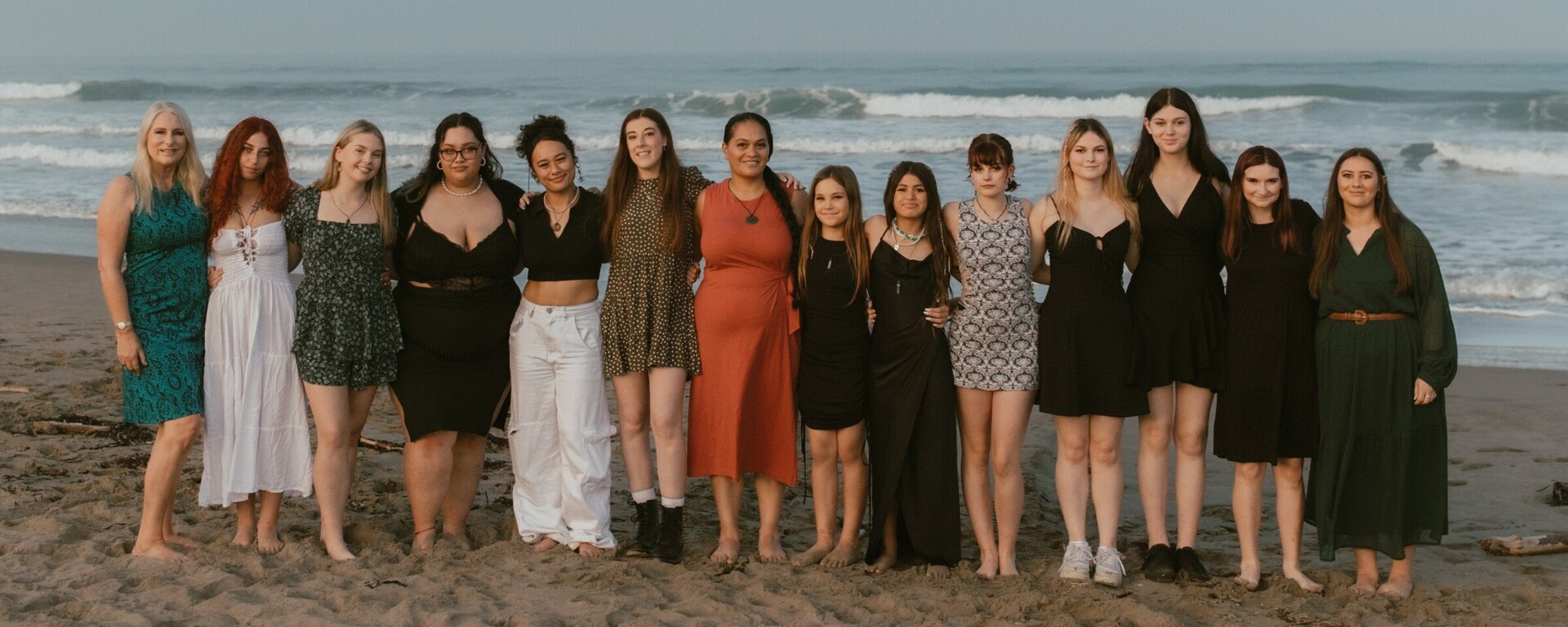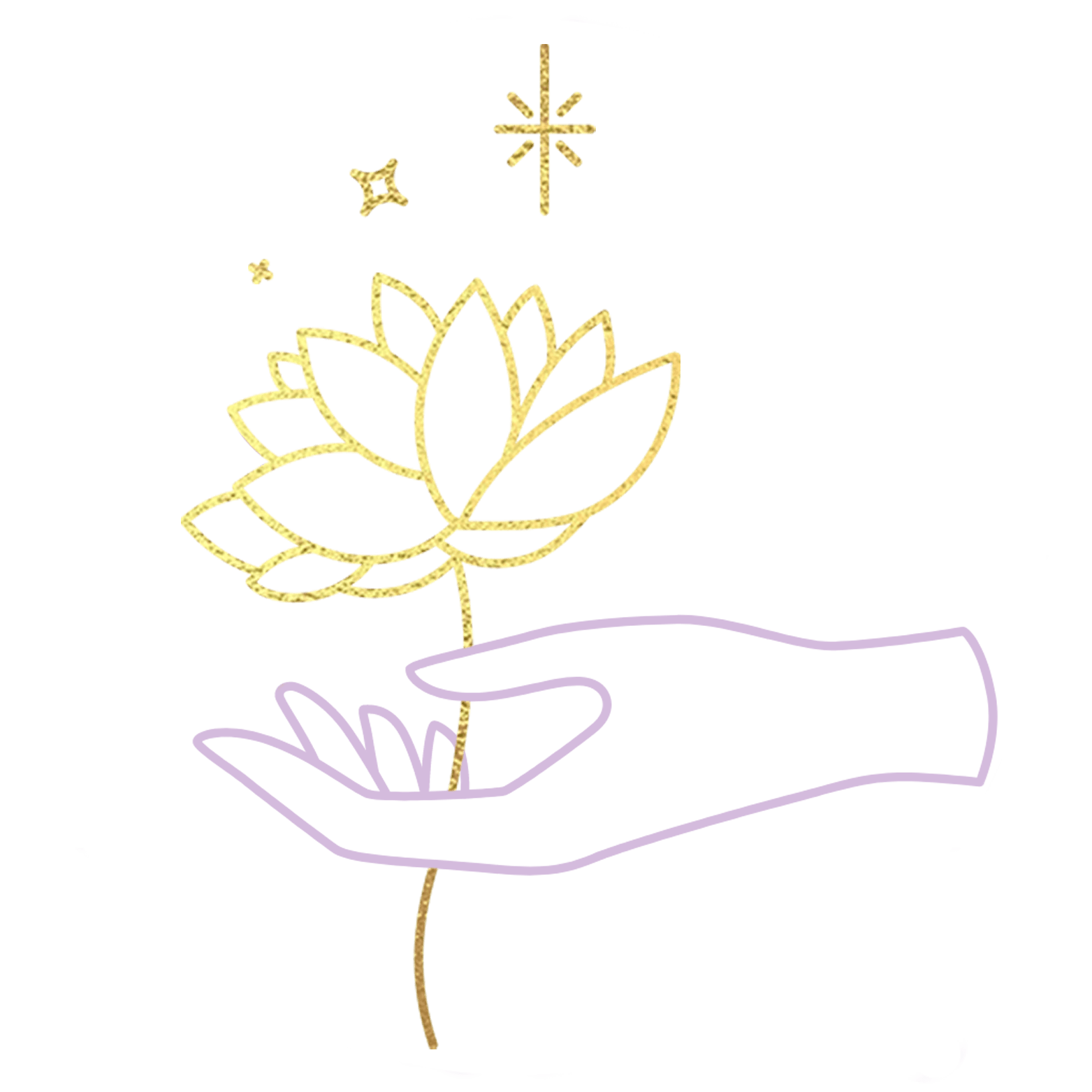YOU ARE NOT ALONE
Statistics show many young women experience sexual harm in some form:
One out of three girls may be sexually abused before she turns 16 years old. In most cases (90 percent) the abuse will be carried out by someone she knows. (www.helpauckland.org.nz/sexual-abuse-statistics.html)
A 2022 survey by the Ministry of Justice revealed almost 30 percent of New Zealand adults have experienced sexual violence at some point in their life, with women three times more likely to experience sexual violence than men.
Here are some of our most commonly asked questions answered:
Sexual Violence – What is it?
Sexual violence is anything sexual without consent. Sexual violence can take many forms and be defined in different ways, but one thing remains the same: it’s never the victim’s fault.
Sexual violence can include any of the following acts that are non-consensual:
Sex of all types (vaginal, oral, anal, object and digital)
Sexual kissing and touching
Sending of sexual messages
Sending or forcing someone to pose for sexual images (nudes)
Exposure - forcing someone to watch a sexual act including pornography
Some types of sexual violence:
Sexual assault: Any unwanted or forced sexual act or behaviour that has happened without a consent i.e., Rape, sexual touching and exposure
Drug facilitated sexual assault: The use of alcohol or drugs by a perpetrator on a victim, to perform sexual acts or behaviors without consent
Child sexual abuse: When a perpetrator intentionally harms a minor (under 16 years of age) sexually
Intimate partner sexual violence: A perpetrator can have any relationship to a victim, and that includes the role of an intimate partner. You do not have to consent to sex or sexual acts because someone is your partner
Incest: Unwanted sexual contact from a family member
Sexual harassment: Any unwelcome or offensive sexual behaviour that is repeated, or is serious enough to have a harmful effect
What is sexual harm?
Sexual harm is the term we use to reference the emotional and physical harm that is generated as a result of the traumatic experience. These are the symptoms that impact you after the assault and can become compounding and overwhelming. They can include feelings of embarrassment, shame, trauma, hypervigilance, as well as flashbacks and nightmares.
What does the law in Aotearoa say about consent?
Consent is when someone freely, voluntarily and consciously engages with another person in a sexual activity. Consent cannot be forced or assumed, and both parties must feel free to say no.
Consent can be withdrawn at any point before, or during, the sexual act with the expectation that the other person stops. Any type of sexual activity without consent is considered a sexual violation and is against the law.
New Zealand Law recognizes that there are circumstances where consent doesn’t count:
If someone is under the influence of drugs or alcohol
If someone is under 16 years of age
If there is any force, threat/coercion or pressure involved
It is the responsibility of the person asking to do something sexual to make sure that the other person is legally able to give their consent.
I think I’ve been harmed, what’s happening to me?
Sexual harm can be experienced in a number of ways. Some of these symptoms are common in Post-Traumatic Stress Disorder.
Physical
Bodily discomfort such as headaches, digestive problems, non-specific pain
Racing heart, palpitations or chest pains
Trembling or shaking
Crying
Tense muscles
Changes in appetite (eating too much or not eating at all)
Sleep problems (sleeping too much, waking often, difficulty getting to sleep, nightmares)
Psychological/ Mental
Feeling wired, on edge, watchful or jumpy
Flashbacks of images, memories, thoughts to do with the assault
Dissociation – disconnecting from feelings, thoughts, memories
Issues with concentration, focus, memory
Intrusive thoughts
Emotional
Dramatic or sudden mood changes
Depression (a sense of hopelessness or helplessness)
Worried, anxious or fearful
Angry or irritable
Numbness
Anger
Guilt
Shame
Behavioural
Avoidance of situations, people, places, responsibilities such as work, events that remind you of the assault
Withdrawing from people and activities
Becoming extra safety conscious and hypervigilant
Increased use of alcohol, smoking or drugs
Increased risk-taking behaviour
Please know that it is completely normal to experience one or more of these symptoms. Their impact can be overwhelming. Find someone you trust who can support you through the difficult times, you do not have to do it alone.
You may also benefit from seeing your GP if these symptoms are ongoing.
How do I report the assault to Police?
This is a courageous step to take, and we encourage you to have support around you.
BRAVE can help you through this process. Please know you do not have to do it alone.
No matter when the assault happened – whether it be three days or three years ago - you can always report the crime. You can do this by calling 105 or visiting your local police station and asking to speak with an officer.
For information on what you can expect when reporting a sexual assault, this guide may be useful.
I am experiencing sexual harm. What can I do to help myself?
Give yourself time. There is no right or wrong way to travel through recovery – it will take the time it takes, and that is okay.
Use strategies that work for you. Have a go at using strategies that have helped you through stressful times previously, such as exercise, mindfulness or meditation. Take positive action, no matter how small.
Make self-care a priority. Look after yourself first. Try to eat regularly and stay hydrated throughout the day. Try to rest and get some sleep. If sleep becomes an ongoing issue, visit your GP.
Keep to a routine. Try and stick to your routine as much as you can. Sometimes this helps us to feel in control when everything else feels out of control.
Keep connected. Stay connected with people that you love and trust. Spend time with those that care about you.
Accept support. This can be a hard one, but accept help from people you trust who can assist in practical ways and provide emotional support.
Reach out for extra help when you are ready. Sometimes it is easier to speak to someone outside of your family and friend group. Reach out to your GP or a counsellor. Connect with BRAVE and talk to someone who ‘gets it.’
How do I support someone who has experienced sexual harm/assault?
Be present. You may not know exactly what to say, and that’s okay. Often listening is the best way to support them. Coming forward about sexual harm is really difficult, so reassure them they are safe, that you believe them and that it is not their fault.
Provide resources or help in practical ways. Have numbers for helplines and offer to help them through the call, support them to get medical attention if there are symptoms you or they are worried about. Practical support could look like sharing a meal, going for a walk together, helping them with washing and reminding them to prioritise their self-care.
Check in occasionally. The trauma of sexual harm can make someone feel alone. Remind them that you still believe and care about them and that their wellbeing is important to you.
What are my rights when using support services?
As a consumer of health and disability services, you are entitled to receive a standard of care compliant with the Code of Health and Disability Services Consumers’ Rights.
How can BRAVE help?
When you are ready, BRAVE can connect you to a network of support. You can come along to monthly activities and socialise with others as you learn something new or do something fun, or you can ask us about tailored individual support. The greatest service we can provide is someone to listen and space to help navigate through the healing after trauma.


